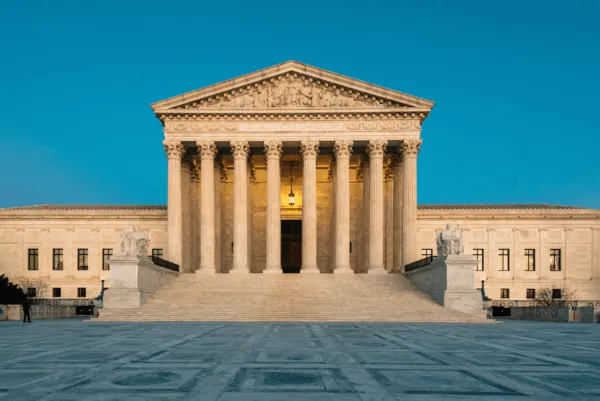
NTIA Clarifies Administrator Roth’s Comments on the New Subgrantee “Protecting the BEAD Program from Defaults” Certification Process

NTIA Clarifies Administrator Roth’s Comments on the New Subgrantee “Protecting the BEAD Program from Defaults” Certification Process
The National Telecommunications and Information Administration (NTIA) has issued FAQ Version 16 clarifying the new “Protecting the BEAD Program from Defaults” certificate requirements following Administrator Arielle Roth’s October 28 comments at the Hudson Institute. This new guidance requires all Broadband Equity, Access, and Deployment (BEAD) subgrantees to provide standalone written certifications that they will not require additional federal subsidies to complete or operate their BEAD projects, addressing industry confusion about scope, implementation, and interactions with state and federal Universal Service Fund (USF) programs.
Impact on Universal Service Fund Recipients
NTIA clarifies that the “Protecting the BEAD Program from Defaults” certification applies only to BEAD-funded locations and federal funds for broadband network deployment and operations. Importantly, the certificate does not apply to federal support for non-BEAD-funded locations or non-federally funded programs such as state universal service programs. Universal Service Fund recipients may continue receiving existing support under current program terms for BEAD-funded locations in rare cases where support was already committed prior to the BEAD application. Most locations already receiving federal broadband support were not eligible for BEAD funding.
Certification and Submission
All contracts between Eligible Entities and subgrantees must incorporate a templatized certification stating that the subgrantee’s application did not rely on receiving speculative additional federal funding and that it will not need or accept additional federal broadband funds to serve BEAD-funded locations.
Subgrantees must sign the certification to receive BEAD funding, as participation is contingent on making this commitment. Failure to submit the standalone certificate will result in grant funds being held until received.
Next Steps
BEAD awardees should work with their state broadband offices to understand how these certification requirements will be integrated into their subgrant agreements and ensure they can meet the commitment not to seek additional federal broadband subsidies for their BEAD-funded locations. For questions regarding BEAD implementation or assistance with subgrantee applications, please contact Robert Mutschler or Amanda Molina.










